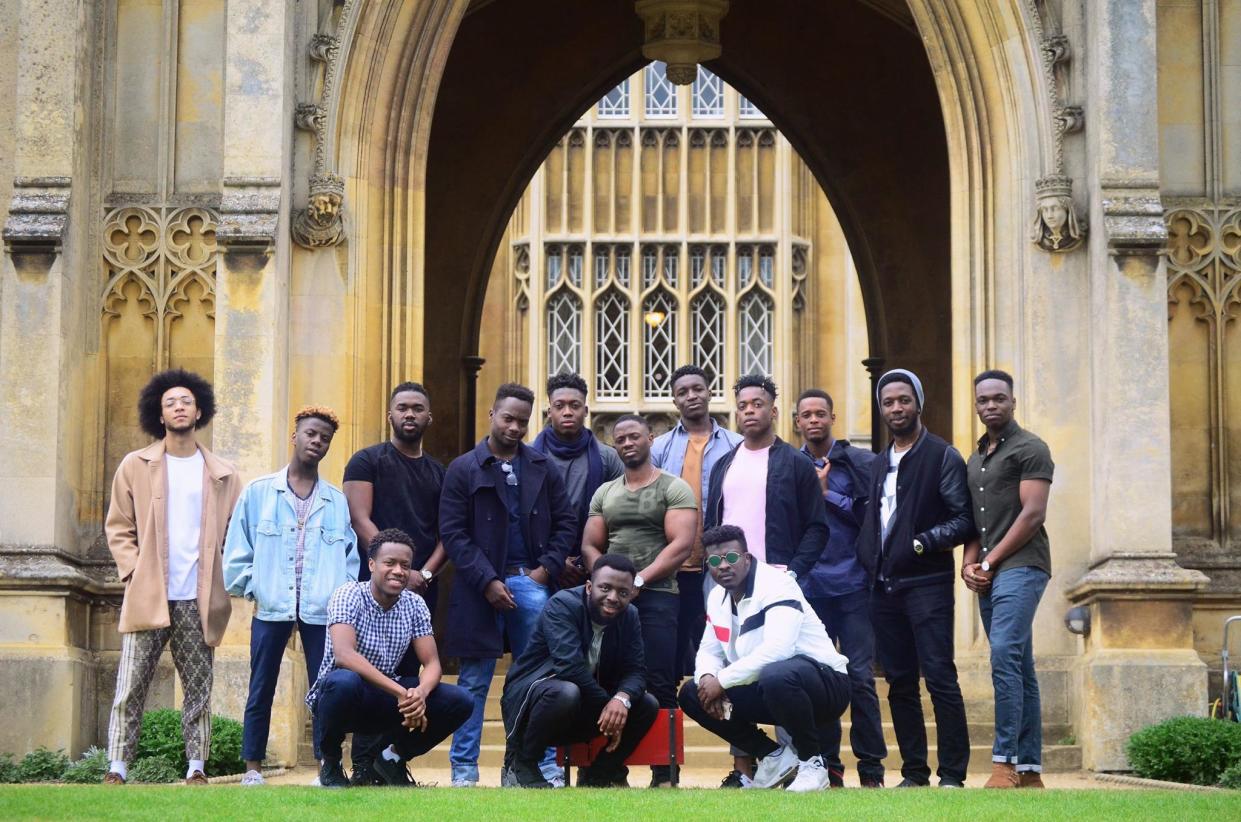Cambridge University admitted more black male students than Eton college pupils for the first time

More black male students were admitted to Cambridge University than from the prestigious Eton public school last year, admission statistics have revealed – a first in the institution's 808 year history.
Twenty-two black males accepted undergraduate places, one more than the number of students from Eton who joined the student body.
But admission statistics have revealed that black male and female students are still much less successful than their white counterparts.
ACS’s President, Oreoluwa Ogunbiyi, said that "these results offer little to be celebrated, and we mustn't forget that we still have a very long way to go to remedy the lack of racial diversity at universities such as ours".
Just 39 black students enrolled in 2016. Nevertheless, this figure was a record high, up from 38 and 35 in 2015 and 2014. In total, 2,622 students from the UK accepted undergraduate places in 2016.
Last year also saw low numbers of other ethnic minority students accepting places. There were just nine students who identified as ‘Asian or Asian British – Bangladeshi’, and 35 who identified as British – Pakistani.
There were higher numbers of British Indian and Chinese students, with 152 and 92 students respectively, taking up places at the University.
White students numbered at 2,037.
The issue of black representation at Cambridge was raised earlier this year when a photo from the Cambridge University African-Caribbean Society (ACS), showing 14 of the 15 black men accepted into the University in 2015, went viral.
The admissions statistics also revealed that the success rate of black applicants to Cambridge University last year was less than half the overall rate.
An investigation by the student newspaper Varsity has found that in 2016, just 12.9 per cent of black applicants accepted a place at the university. In contrast, 28.1 per cent of white applicants took up a place, while the overall average was 26.4 per cent.
The figures from last year form part of a longer-term trend, with black applicants – those who identified as ‘black or black British - Caribbean’, ‘black or black British- African’, or ‘other black background’ – consistently less successful than other ethnicities.
Over the past 10 years, the average success rate of black applicants was 14.2 per cent, compared to 26.5 per cent for all applicants. White applicants have been the most successful in the past ten years, with 29.4 per cent of applicants ultimately taking up a place.
However, a spokesperson from the University of Cambridge defended the figures, saying that “the greatest barrier to participation at selective universities for students from disadvantaged backgrounds is low attainment at school”.
They added, “our admissions decisions are based on academic considerations alone. We aim to widen participation while maintaining high academic standards.”
They also defended the University’s existing access work, saying that "we currently spend £5m a year on access measures leading to 190,000 interactions with pupils and teachers. This includes focused work with BME students.”

 Yahoo News
Yahoo News 
